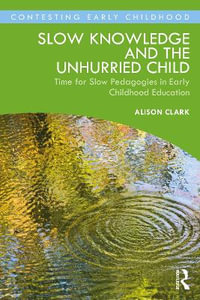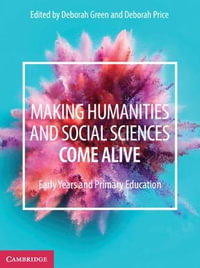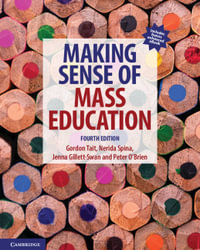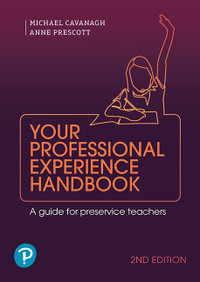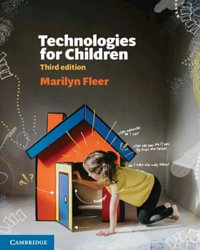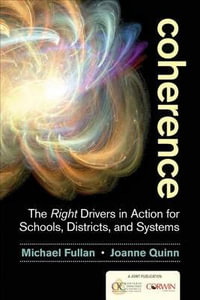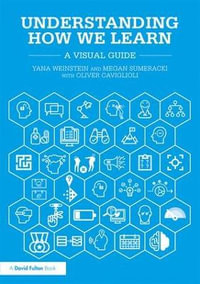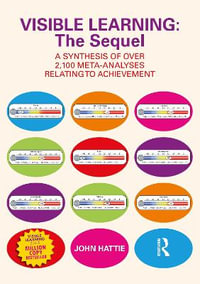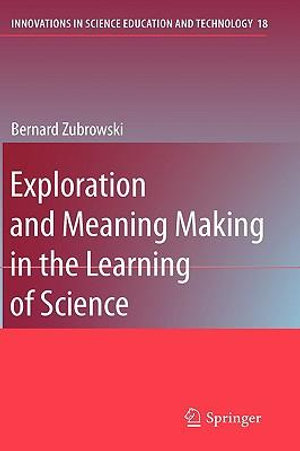
Exploration and Meaning Making in the Learning of Science
Hardcover | 1 September 2009
At a Glance
Hardcover
$310.47
Aims to ship in 7 to 10 business days
When will this arrive by?
Enter delivery postcode to estimate
ISBN: 9789048124954
ISBN-10: 9048124956
Series: Innovations in Science Education and Technology
Published: 1st September 2009
Format: Hardcover
Language: English
Number of Pages: 368
Audience: Professional and Scholarly
Publisher: Springer Nature B.V.
Country of Publication: NL
Dimensions (cm): 23.39 x 15.6 x 2.06
Weight (kg): 0.69
Shipping
| Standard Shipping | Express Shipping | |
|---|---|---|
| Metro postcodes: | $9.99 | $14.95 |
| Regional postcodes: | $9.99 | $14.95 |
| Rural postcodes: | $9.99 | $14.95 |
How to return your order
At Booktopia, we offer hassle-free returns in accordance with our returns policy. If you wish to return an item, please get in touch with Booktopia Customer Care.
Additional postage charges may be applicable.
Defective items
If there is a problem with any of the items received for your order then the Booktopia Customer Care team is ready to assist you.
For more info please visit our Help Centre.


